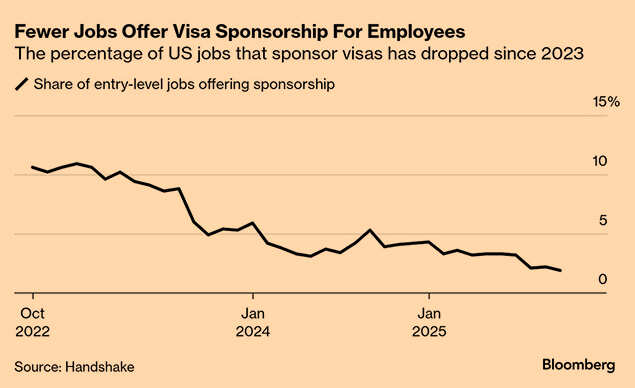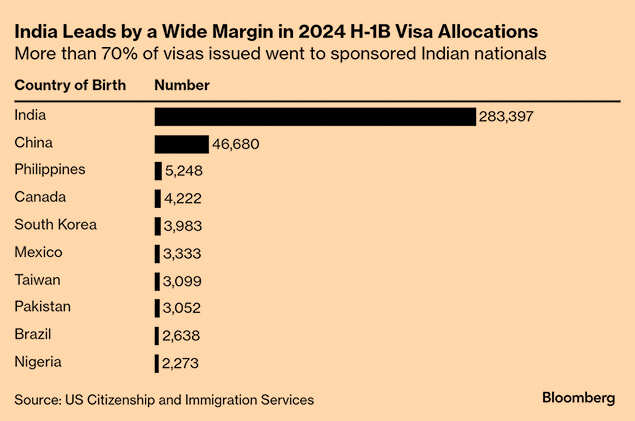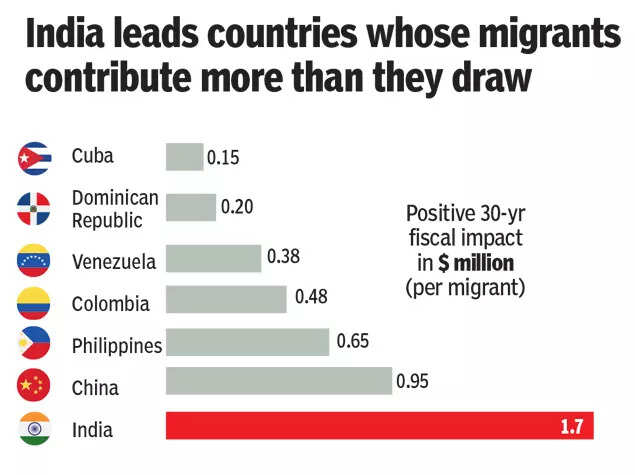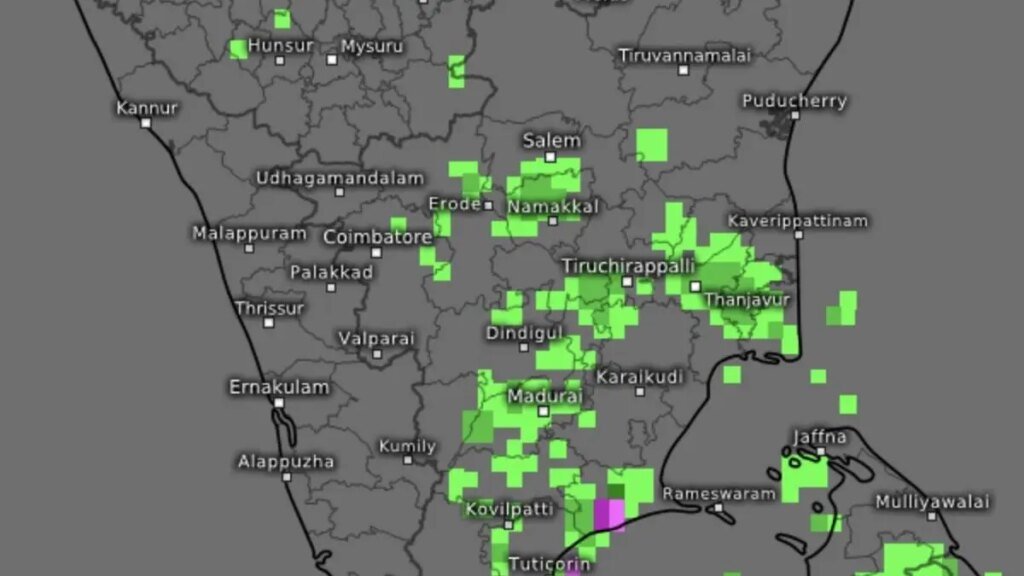Automatic rejection: Trump’s $100,000 H-1B visa fee leaves job-hunting Indian students in US in limbo; ‘like a slap in the face’
Indian students in the US who were looking at bagging lucrative jobs are facing a big shock – Donald Trump’s H-1B visa fee hike has left them in a lurch as companies automatically reject them. The Trump administration has recently hiked the application fee for the much sought after H-1B visa to a mind numbing $100,000! How does this impact the job prospects of Indian students in the US? It’s a bleak scenario! Whilst the White House has specified exemptions for recent overseas graduates and particular student visa holders already residing in the US, the evolving guidelines have created uncertainty amongst organisations regarding sponsorship expenses and procedures. Many students view US higher education as a stepping stone towards professional opportunities in sectors such as finance, technology, research and consulting. It was easier up until now – high-achieving international students could follow a straightforward route: complete their US university education and secure good jobs with employers offering visa sponsorship. But, Trump’s H-1B visa fee hike has hit them badly!One such case is of Ishaan Chauhan, who relocated from India nearly four years ago. Speaking to Bloomberg he said that his expectations were that a computer and data-science qualification from the University of Wisconsin-Madison would create employment opportunities. However, as he seeks positions before his May graduation, he has seen that most organisations decline to interview him upon learning of his visa sponsorship requirements.
H-1B fee hike impact: No international candidates please!
Foreign graduates are now frequently encountering this statement whilst seeking employment. According to the Bloomberg report, currently, many students find themselves uncertain about their future, facing difficulties in obtaining positions once employers become aware of their non-US citizenship status. In a recent development, Walmart Inc., America’s largest private employer, announced its decision to suspend job offers for candidates requiring H-1B visas.“It doesn’t matter if you went to the best university or you have the best GPA or you did the best internships, you can still fail,” Chauhan said. “The question that always pops ups is: Could you now or in the future need sponsorship? And that sort of just ends the conversation itself,” he was quoted as saying.At present, American universities have approximately 1.1 million international students, according to Institute of International Education data quoted in the report.

Fewer jobs offer visa sponsorship for employees
Now, with the implementation of stricter immigration policies during Trump’s presidency, companies have shown reduced willingness to sponsor work visas for international students. According to Handshake, a student-focused career platform, the proportion of full-time positions offering visa sponsorship has significantly decreased from 10.9% to 1.9% between 2023 and 2025. The technology sector has experienced the most substantial reduction, declining to one-third of its last year level!
Job market scenario in US adds to worries
The current employment landscape for professional roles presents significant challenges, even for US natives. The recruitment process in white-collar job sectors, including tech, has slowed down considerably, whilst AI related developments have reduced junior positions. According to Kevin Collins from Carnegie Mellon University’s Career and Professional Development Centre, organisations are seeing heightened caution in their recruitment activities presently. Consequently, international students are submitting applications to significantly more positions than they did previously.At Yale University, Kelly McSergi, who oversees employer relations, has noticed similar employer reluctance. She told Bloomberg about a recent biotech career event where a prominent organisation declined student sponsorship, citing concerns about the extensive period (approximately nine months) between autumn job offers and actual commencement dates for new graduates.The situation has become more complex following the Trump administration’s H-1B visa programme changes in September, which introduced a new $100,000 application fee for companies seeking to sponsor skilled international workers, effective from the next lottery period. Trump indicated this fee would safeguard US employment opportunities and wages, whilst promoting domestic recruitment.

India leads by a wide margin in 2024 H-1B visa allocations
Taylor Rogers, the White House spokesperson, provided an emailed statement explaining that this practical measure supports the ‘America First’ agenda by preventing system exploitation and protecting American wage levels. The statement emphasised that legitimate American businesses seeking skilled international talent would have increased certainty in their recruitment processes.The US Chamber of Commerce has initiated legal proceedings against Trump’s H-1B visa fee hike decision, deeming it unlawful and requesting court intervention to prevent implementation. Industry organisations have expressed concerns that this regulation could severely impact hiring practices in sectors reliant on international expertise.Major technology corporations such as Amazon.com Inc., Microsoft Corp. and Meta Platforms Inc., which extensively utilise the H-1B visa programme, are considered particularly vulnerable to these regulatory changes.
Indians are the kind of immigrants America needs more of?
Interestingly, a recent study by Manhattan Institute researcher Daniel Di Martino points out that Indians actually top the list of immigrant groups making net positive contributions to the US economy.

India leads countries whose migrants contribute more than they draw: Manhattan Institute research report
Each Indian immigrant, on average, contributes to a $1.6 million reduction in US national debt over three decades whilst generating the highest GDP impact amongst all immigrant groups, the study says.Chinese immigrants follow as the second most financially beneficial group, contributing to an $800,000 reduction in national debt over a 30-year period. These statistics challenge prevailing assumptions about immigration’s economic burden on the United States.



